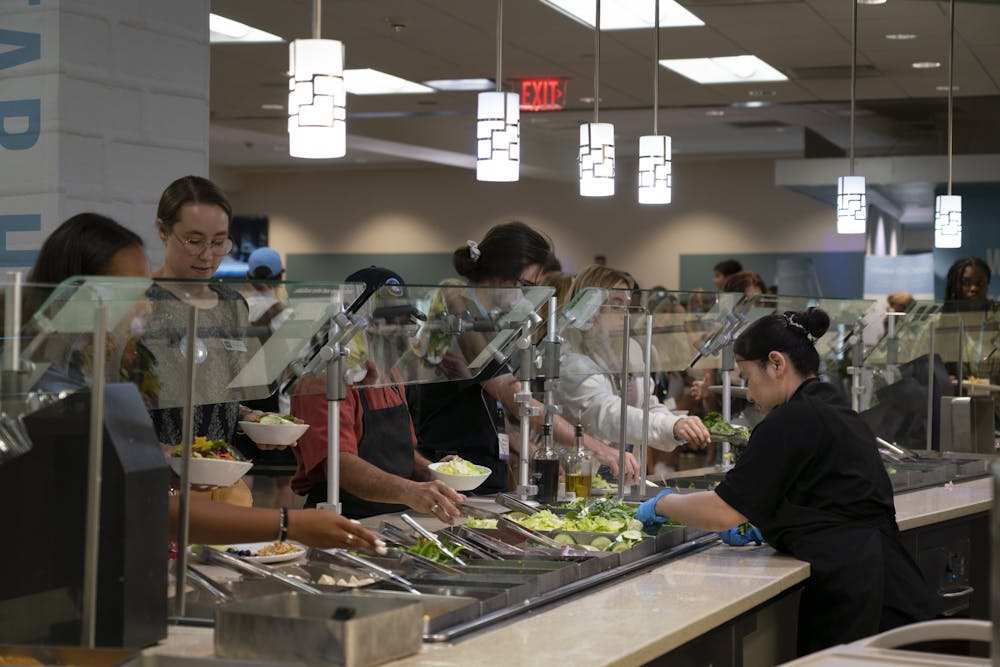UNC dining halls have offered halal-certified meals since 2022. However, concerns with food sourcing make some Muslim students hesitant to eat them.
Carolina Dining Services has an online menu that allows students to view their dining options on campus, that some students with dietary restrictions use as a resource when planning out daily meals. Halal foods are foods permissible under Islamic law because of the way the meat is slaughtered and prepared. Certain foods, like alcohol and pork, are never halal.
Because of how the menus at Chase and Lenoir Dining Halls label varying assortments of vegetables, plain noodles and pork Italian sausages as halal, some students find themselves wary of the dining halls.
“I think there's a certain level of uncertainty that we have with halal meat,” UNC sophomore Mariam Matin said.
Matin said she rarely goes to the dining halls because she thinks there is some ambiguity around where meat used by CDS is sourced from. She also said she has concerns about cross-contamination efforts by employees who may not understand the significance of halal protein to Muslims.
After working with the UNC Muslim Students Association in 2022, CDS began offering halal protein at least seven times a week in Chase Dining Hall. CDS defines their halal menu items, marked with an orange H on the online menu, as halal-certified meat that excludes pork products, such as gelatin or cooking alcohols.
UNC alumni Dalal Azzam collaborated with CDS during her senior year to bring these halal options to campus.
“They never intentionally excluded us, and when we brought it to their attention, they were really passionate about rectifying the issue as soon as possible,” she said.
She said the initiative arose after surveying MSA members, some of whom had to switch to vegetarian diets or eat off-campus. When she communicated this, she said CDS worked to address the concerns.



